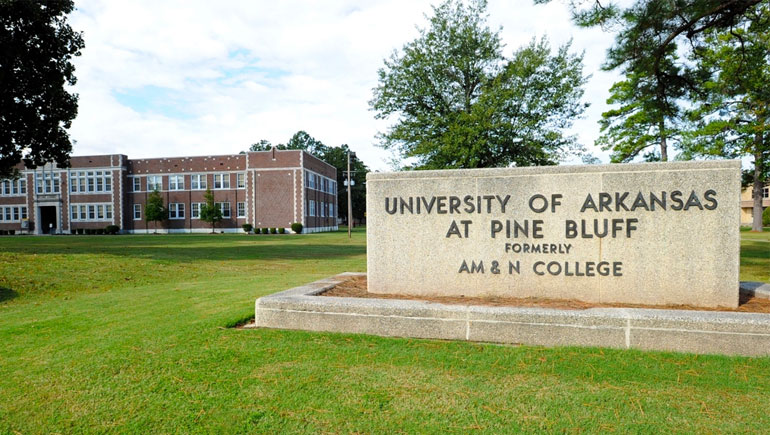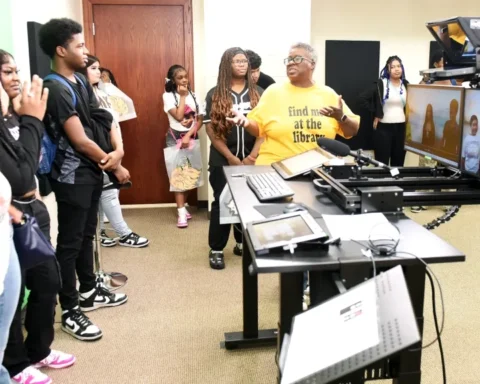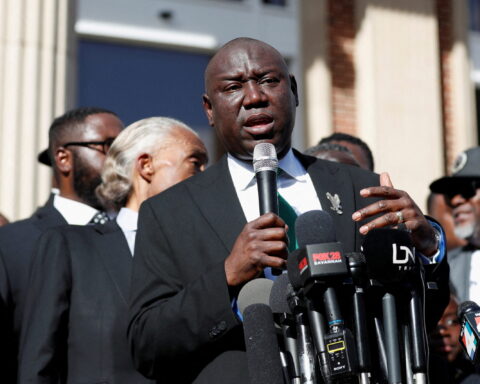By Wil Hehemann
Dr. Hazell Reed, former dean of the University of Arkansas at Pine Bluff (UAPB) School of Agriculture, Home Economics and Technology (currently the School of Agriculture, Fisheries and Human Sciences), was recently appointed to the U.S. Department of Agriculture’s (USDA) Equity Commission. According to the USDA, the 15-member independent commission is charged with evaluating department programs and services and recommending ways to reduce barriers to access.
Dr. Reed, who lives in Pine Bluff, was one of two Arkansans appointed to the Equity Commission. Ron Rainey, assistant vice president of the University of Arkansas System Division of Agriculture, was also chosen to serve.
“The committee recently met for our first planning session,” Dr. Reed said. “We are developing a formal process through which we can advise the USDA and Secretary of Agriculture on practices that contribute to inclusion and access to USDA programs. We are in the organization stage and will eventually provide actionable recommendations to modify the culture and structure of the USDA to reduce any disparities.”
Dr. Reed served as dean of the School of Agriculture, Home Economics and Technology from 1985 to 1989. During his tenure, he provided leadership for the program that would grow into UAPB’s Small Farm Program. The program was designed to provide technical assistance to limited resource producers. Program staff provided administrative support to vegetable producers and worked to create a structure that would allow them to improve their operations.
“Outreach to producers involved everything from workshops and field demonstrations to disseminating information on organic gardening or how to prepare taxes,” Dr. Reed said. “We eventually hired Dr. Henry English as director of the program. He was the best candidate and has expanded the program tremendously, reaching a greater number of counties and producers. Kudos to him for the work he has done.”
Dr. Reed served as UAPB’s vice chancellor for international affairs from 1989 to 1992. During that time, he established international academic programs, developed non-degree international training programs and helped secure 975 acres of land for UAPB research and outreach.
As vice chancellor for international affairs, Dr. Reed regularly hosted international professionals through the United States Agency for International Development (USAID).
“We would provide two to six weeks of training for agricultural professionals from around the world,” he said. “The guests traveled with us across Arkansas to farms and University of Arkansas research stations so they could see firsthand how agriculture impacted various communities. Equipped with new information, they were able to go back to their home countries and implement new practices.”
Some of Dr. Reed’s other career roles included vice chancellor for research and economic development and vice chancellor for graduate education and research for North Carolina Central University; senior administrator for research and federal relations and dean for the School of Graduate Studies and Research for Delaware State University; and Extension horticulture specialist for the University of Arkansas Cooperative Extension Service.
Following his retirement in 2015, he became executive director for the National Black Growers Council. In this position, he is responsible for providing the administrative leadership for the organization’s overall operation.
Dr. Reed earned a bachelor’s degree in horticulture from Arkansas Mechanical, Agricultural and Normal College (now UAPB), a master’s degree in horticulture/physiology from Pennsylvania State University and a doctorate degree in plant science from the University of Arkansas.
He credits his parents and Dr. Sellers J. Parker, the first dean of the Division of Agriculture and Technology at UAPB, for helping him choose his career path.
“I always loved agriculture,” Dr. Reed said.” “I was born and raised on my grandfather’s farm in eastern Arkansas and wanted to be a farmer. However, complications arose, and the land was sold. My parents believed in education and encouraged me to get a degree. They told me that after I earned a degree, I could do whatever I wanted.”
Once he realized he needed to choose a career path other than farming, Dr. Sellers J. Parker advised Dr. Reed to continue his education and earn a master’s degree.
“I believe Dr. Parker saw the dearth of Black professionals in agriculture and wanted to fill that gap,” Dr. Reed said. “He emphasized earning a degree and giving back by training others in the field. During this time, I got to know Mrs. Elnora Bradford, who was a huge support and source of encouragement to me and other agriculture students.”
The University of Arkansas at Pine Bluff offers all its Extension and Research programs and services without regard to race, color, sex, gender identity, sexual orientation, national origin, religion, age, disability, marital or veteran status, genetic information, or any other legally protected status, and is an Affirmative Action/Equal Opportunity Employer.





